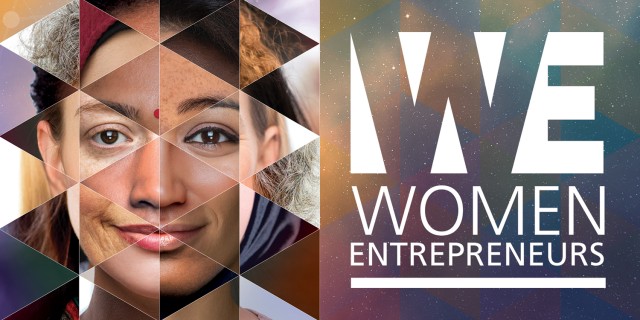United States Patent and Trademark Office (USPTO); USPTO introduces new tool to help creators identify their intellectual property
"Today at the U.S. Patent and Trademark Office’s (USPTO) Women’s Entrepreneurship (WE) event in Naples, Florida, Under Secretary of Commerce for Intellectual Property and Director of the United States Patent and Trademark Office Kathi Vidal announced the launch of the agency’s new Intellectual Property (IP) Identifier tool. This user-friendly, virtual resource— designed for those who are less familiar with IP—enables users to identify whether they have IP and the IP protections they need to support and advance their business, invention, or brand. The IP Identifier serves as an important foundation for an innovator, entrepreneur or creator’s IP journey. In addition to the tool helping identify a person’s or company’s intellectual property, it provides easily digestible information on intellectual property – patents, trademarks, copyrights, and trade secrets.
“Protecting your IP is a smart and necessary business strategy, and the IP Identifier is a great starting point for those new to IP,” Director Vidal told the audience at the WE event. “This resource will equip entrepreneurs with a basic understanding of the IP they have and will lead them to resources to protect it. We encourage everyone who is considering starting a business or trying to grow one to utilize this tool. It’s another example of our work to bring more people into the innovation ecosystem to increase American competitiveness, grow the economy, and solve world problems.”
The IP Identifier is comprised of two modules: The Basic IP Identifier; and the Advanced IP Identifier. The Basic IP Identifier module consists of six simple questions that allow users to quickly assess the type of IP they should protect. The Advanced IP Identifier module allows users to learn about their specific type of IP and obtain links to additional resources, including how to file an application for protection. A third module, Managing your IP assets, is currently under development.
Companies benefit from having IP protection. When used as collateral, a company’s first patent increases venture capital funding by 76 percent over three years and increases funding from an initial public offering by 128 percent. It can also help serve as a recruiting tool: The approval of a startup’s first patent application increases its employee growth by 36 percent over the next five years. Further, protecting your IP can also increase your market share – a new company with a patent increases its sales by a cumulative 80 percent more than companies that do not have a patent.
The IP Identifier was announced as part of USPTO’s recently-launched Women’s Entrepreneurship (WE) initiative, a community-focused, collaborative, and creative initiative to inspire women and tap their potential to meaningfully increase equity, job creation, and economic prosperity. WE includes a new online hub for aspiring women entrepreneurs that provides key information on how to get started, how to identify and protect their intellectual property, and how to secure options for funding and how to build and maintain a network."
